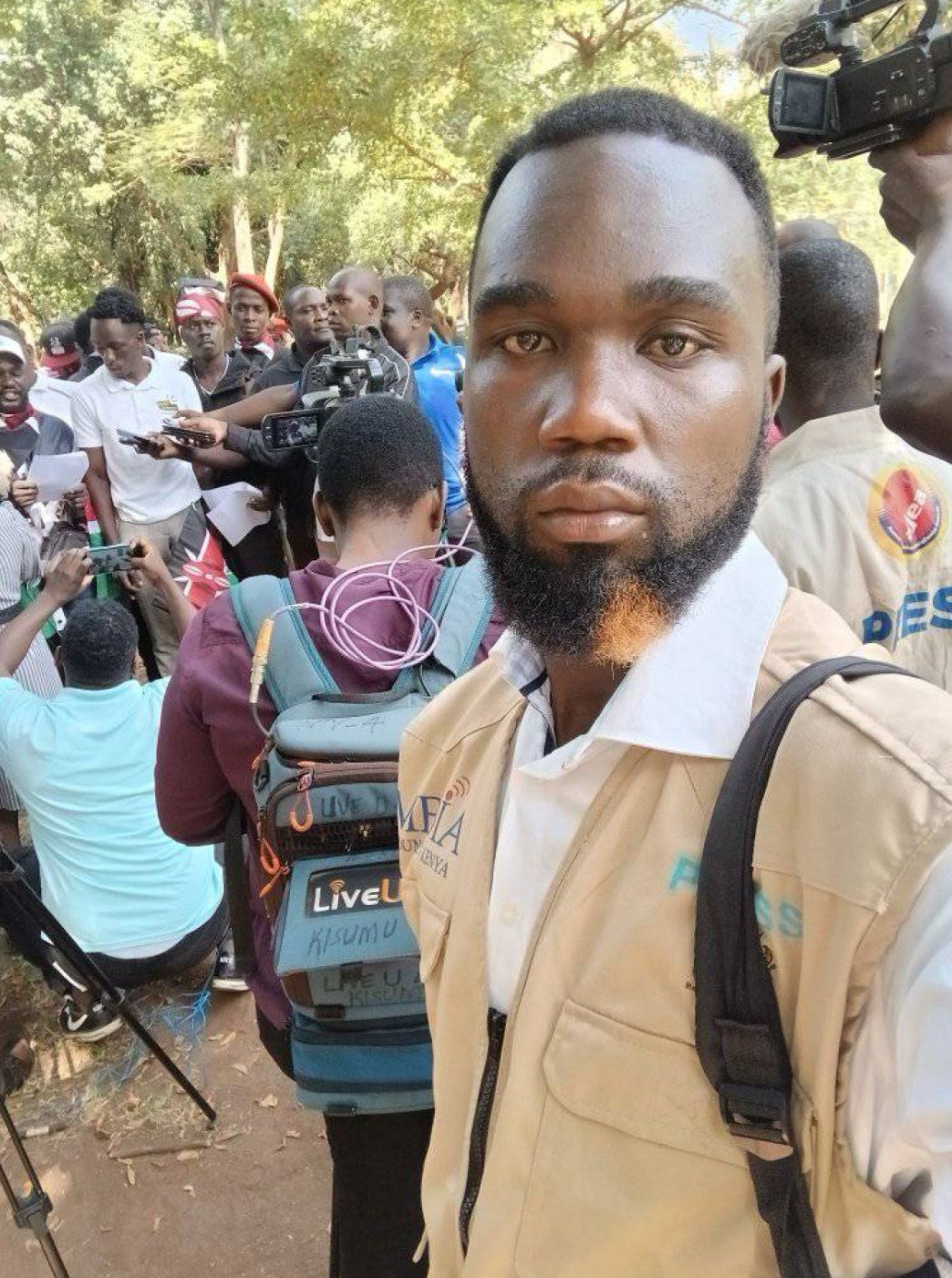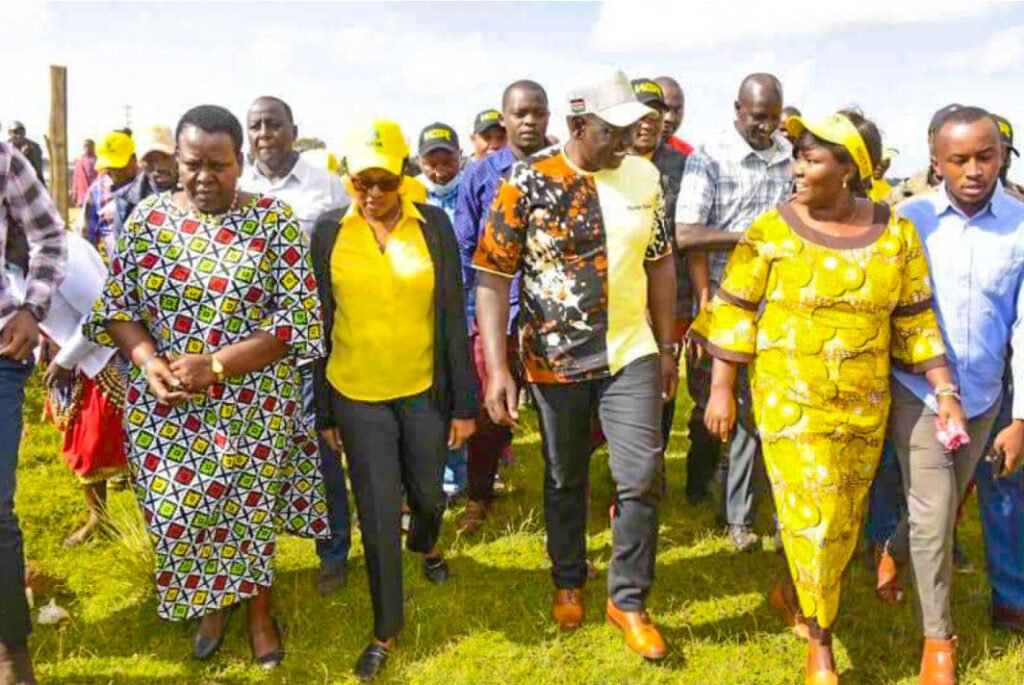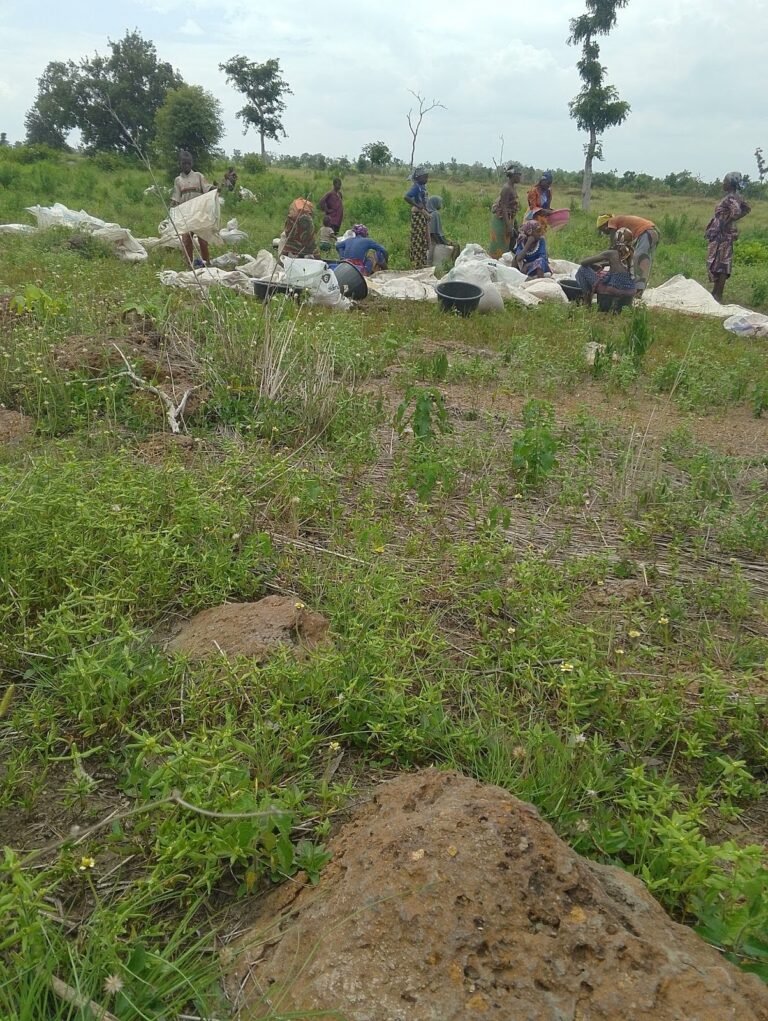When the Kenyan government tabled the controversial 2024 Finance Bill last year, it intended it to be another routine budget cycle. Instead, it ignited one of the most significant youth-led protest movements in the country’s history.
All over the country, chants of Reject Finance Bill went up in the streets, in the chaos, young people and leaders stepped forward with courage and purpose. One of them was Kevin Kimani, a youth leader who in the last elections contested for membership in the County Assembly Njoro Ward.
To him, the demonstrations extended beyond mere politics, he says it represented a proclamation of freedom. But the protest was not just a Kenyan thing.
As Kenyan President William Ruto, Tanzanian President Samia Suluhu Hassan, and Ugandan Yoweri Museven continue to influence the democratic trajectory of the region, citizens in East Africa are losing trust in elected representatives.
In Kenya, corruption and allegations of suppressing dissent overshadow the President. Increased surveillance and constant crackdowns have shattered hopes for reforms in Tanzania. In Uganda, power has remained in the hands of a single individual for nearly four decades.
However, a movement is emerging, and youth leaders, journalists, and Gen Z activists are voicing their concerns.
“The protests showed us the sheer power of Kenya’s young people,” Kimani said. “It was a reminder that leadership is not about titles or positions, but about standing with the people. Gen Z stepped forward with courage and made their voices impossible to ignore.
“When young people organise without fear, it should tell us something: freedom and prosperity will never come from government handouts or control. They come when people claim their right to be heard and to shape their future.”

Far right, Kevin Kimani in the company of Njoro MP Charity Kathambi and President Ruto during a campaign.
Kimani insists the lesson is bigger than politics. “The spirit we saw in 2024 is the spirit of liberty itself. It was a wake-up call, the youth will no longer wait to be invited into democracy. We are already here, setting the pace for a freer, more prosperous Kenya.”
As protest chants filled Nairobi’s streets, another battle was unfolding, one for the right to broadcast. On the day police sirens echoed nationwide, the Communications Authority, Kenya’s media regulator, issued an emergency order: no live reporting of the protests. The government said it was to prevent incitement to violence. But press freedom advocates say it was censorship.
Amnesty International reported that in just one day, 19 demonstrators were killed, over 500 were injured, and journalists were directly targeted despite being clearly identifiable.
Among the victims of this crackdown was a journalist, Catherine Wanjeri, who was struck by rubber bullets while covering the protests in Nakuru. And when anti-corruption blogger Albert Ojwang died in police custody during the same period, many saw it as a message to those who dare to speak truth to power.
In this hostile climate, journalists were not only chronicling events but risking their lives to do so. One of them is Rodgers Otiso, a Gen Z reporter who covered the Finance Bill protests for the Standard Media group, the leading mainstream media in Kenya.

Rodgers Otiso in the field during the 2024 Finance Bill Protests
The ban, Rodgers said, revealed just how fragile press freedom was reduced to during the protest in Kenya.
“When information is suppressed, misinformation thrives. Brokers were downloading old images and content and passing them off as new, which only added confusion. The truth became harder to find, and that’s exactly why the media’s role is so important.”
During this time, Standard Media Group, the outlet Otiso was reporting for during the protests, was temporarily shut down by the government.
As protests roar in Kenya, Tanzania is getting even worse in terms of civil liberties. On assuming office following the death of President Magufuli, President Samia Hassan hoped to bring transparency, but soon introduced regressive laws and measures such as silencing opposition voices, restricting civic participation through mass arrests, media censorship, and enforced disappearances. Citizens live in a democracy that preaches reforms but practices absolute control.
President Hassan initiated her re-election campaign after influencing the electoral commission to ban opposition parties and also oversee the arrests of opposition figures.
While Tanzania wrestles with the gap between reformist rhetoric and hidden constraints, Uganda’s reality is even more entrenched. For over 39 years, President Yoweri Museveni has stamped his rule by constantly changing the constitution. The Computer Misuse Amendment Act of 2022 enabled his government to suppress dissent. But even in these circumstances, small yet resolute voices of resistance persist.
“When laws like the Computer Misuse Act are passed in the name of ‘security,’ what they really do is silence the most vulnerable,” explained Joan Mugaba, founder of the Young Women’s Hub and staunch advocate for inclusive education. “For women and young people with disabilities, these laws make it harder to organize, to advocate, or even to simply share their stories online without fear.”

Joan Mugaba at School Visit earlier this year.
For Joan, education and storytelling are acts of defiance. “Education gives people confidence and language to resist. Storytelling ensures our experiences are not erased. When young women tell their stories, they transform their communities.”
Thanks to the Young Women’s Hub and her literacy project #BooksIntheGhetto, Mugaba has built grassroots platforms where women and youth can flourish despite political repression. But she stresses the need for support beyond Uganda’s borders.
“Regional and global allies must do more than issue statements,” she said. “We need solidarity, mentorship, and resources that reach the young leaders on the ground. That’s how real change begins.”
_______________
This report was produced as part of the Liberalist Centre’s Journalism for Liberty Fellowship program with funding support from Atlas Network and the Institute of Economic Affairs (IEA).














